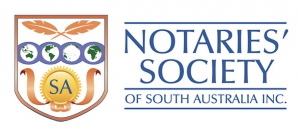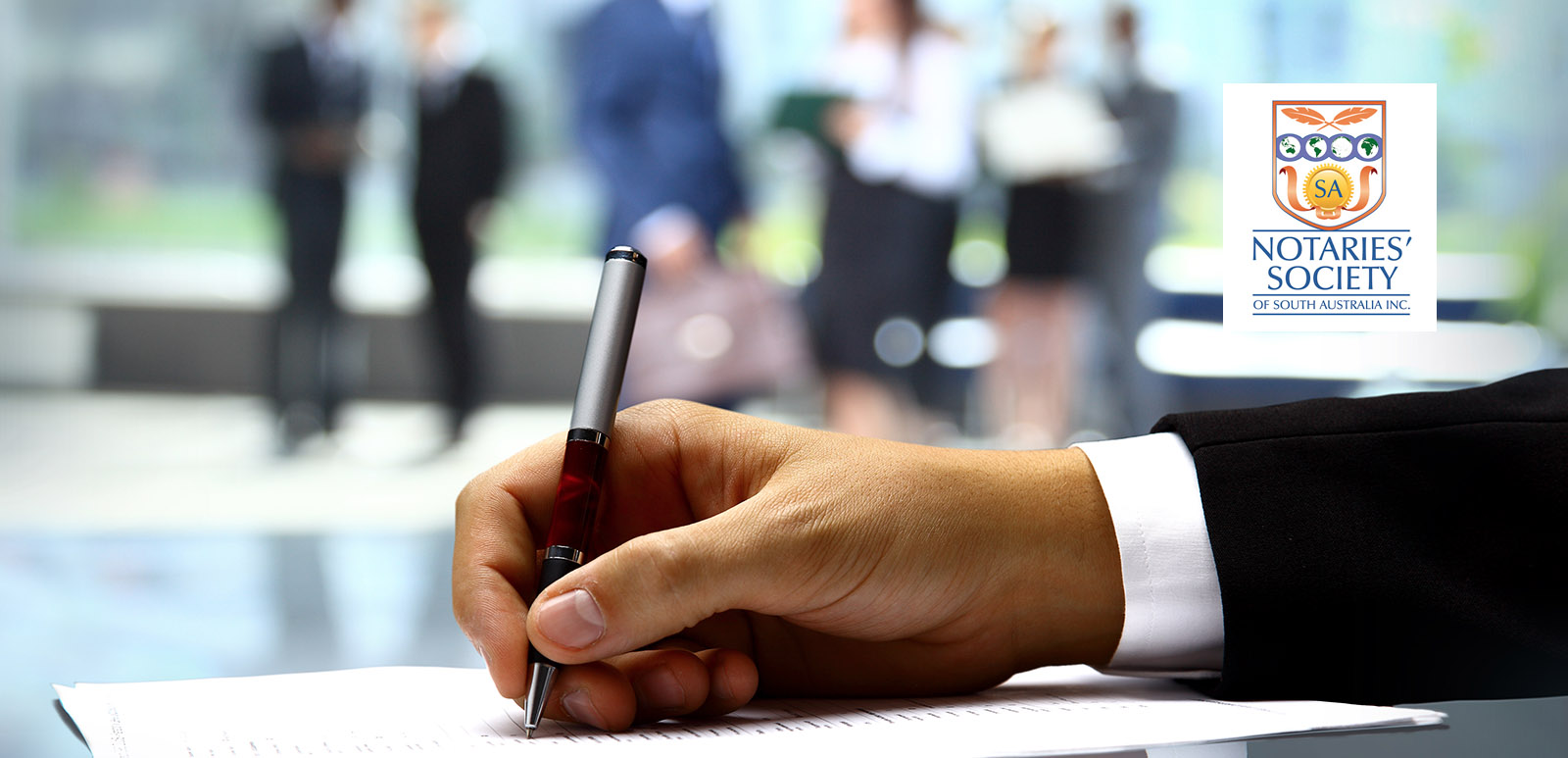Questions?
Some frequently asked questions are answered here.
If you have other questions, please speak directly with a notary.
Use this locator to search for a notary near you.
Use this link to search for notaries who claim foreign language proficiency.”
Q1. Can a Justice of the Peace perform the functions of a Notary?
A1. No. The authority of a Justice of the Peace is not recognised outside Australia. Further, notaries are senior lawyers who are capable of giving opinions on matters of law. Justices of the Peace cannot give legal advice.
Q2. Why do I have to see a notary as well as going to the Department of Foreign Affairs and Trade to get my document ready to send overseas?
A2. Most countries follow the procedures set out in the 1961 Hague Convention Abolishing the Requirement of Legalisation for Foreign Public Documents (often called the Hague Apostille Convention). The steps are:
- 1. Sign and complete the document in the presence of a notary.
-
2. Present the document to the Department of Foreign Affairs & Trade (DFAT) to get an Apostille (or authentication), and pay the fee. You may wish to have the Notary provide that additional service on your behalf.
- 3. Send the finished document to the destination country.
Q3. What is an apostille?
A3. ‘Apostille‘ is French for a ‘footnote‘. France co-sponsored the Hague Apostille Convention (see Q2 above), thus its terminology was adopted.
An Apostille is affixed by the relevant authority in a country which has acceded to that convention, either by a rubber stamp, verified by an authorised person and sealed with an official seal, or by attaching a separate certificate.
An Apostille certifies that the notary or government authority which issued the document is indeed authorised to do so. It does not bear any relation to the content of the document, and does not of itself confer any validity on it.
Similarly, an authentication will be affixed by DFAT for non-Hague Convention countries.
Q4. Do I have to pay fees to a notary for the notarial services?
A4. Yes. Notaries are highly trained professional lawyers, and they are entitled to charge fees for their professional expertise.
.
Q5. Are there any documents which I do not have to take to a notary before I send them overseas?
A5. Yes. Original official documents such as birth, death and marriage certificates, issued by the appropriate government department, can be authenticated by the Department of Foreign Affairs and Trade directly, without a notarial certificate, for many countries.
In order to be sure of this, it is wise to verify the requirements of the destination country first, especially if the country is not a party to the Hague Apostille Convention. In case of doubt, you need to contact either the country’s nearest consulate or its embassy in Canberra. Notaries often can assist in answering these questions.

